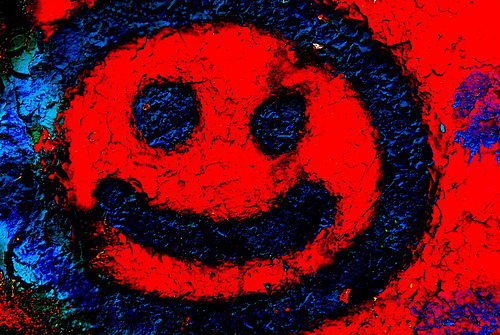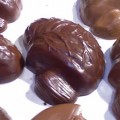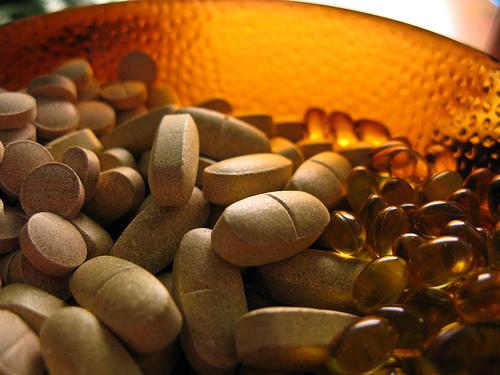In part one of my review of The Mood Cure by Julia Ross, I discussed the four false mood types and amino acid supplementation to rid yourself of those false moods. The second and final part of this review summarizes Ross’ discussion of how you should eat in order to maintain proper and natural moods.
Protein, protein, protein
Because Ross believes that false moods are based on nutritional deficiencies and the remedy for these deficiencies is the intake of amino acids, it should be no surprise that Ross recommends a diet high in protein. This means meat, fish and eggs.
(For vegetarians and vegans out there, Ross does provide a vegetarian and vegan protocol for getting protein in your diet. However, it requires intense supplementation. On reading her book, I get the sense that Ross does not think vegetarianism or veganism is a very good choice for mood stability.)
“Bad mood” vs. “Good mood” foods
In addition to increasing our protein intake, Ross says that we must eliminate the “bad mood” foods from our diet. The bad mood foods include, in order of evil:
- sugar and white flour starches
- wheat and other gluten-containing grains (rye, oats and barley)
- fats made from vegetable oil other than olive oil or coconut oil
- soy (which impairs digestion, increases estrogen to dangerous levels, and can affect the thyroid)
After the bad mood foods are eliminated, you need to replace them with good mood foods. The good mood foods in order of importance are:
- protein
- healthy fats (i.e., omega-3 fats and saturated fats found in dairy, animal meat and coconut milk)
- vegetables (4 to 5 cups per day)
- fruits
For those not used to eating these foods, Ross provides in her book a sample two-week menu and numerous recipes for cooking the “good mood foods.”
Nutritional Supplements
Ross suggests that you take a daily vitamin and mineral supplement regimen to guard against any other nutritional deficits.
This regimen includes a multivitamin (she recommends True Balance Multiple by NOW Foods); magnesium, calcium, and vitamin D supplements; a vitamin B complex supplement; a vitamin C with bioflavonoid supplement; vitamin E; and fish oil. These supplements are, of course, in addition to any amino acid supplements you should be taking to remedy your nutritional deficiencies that are causing false moods.
Conclusion
I think that Ross’ theories are worth exploring, I recommend that you buy and read her book. The book contains specific guidance on how to implement her program, as well as specific warnings on drug interactions for anyone who is taking medications. Moreover, if you are currently treating with a mental health professional, the book contains advice on how to integrate your treatment with the diet-based cure Ross proposes.
***
[Photo: http://www.flickr.com/photos/nakedcharlton/296657362/]
P.S. -- Want a FREE copy of my Bar Exam Mind audiobook?
You can get a free copy of my audiobook when you sign up for a free trial at Audible. Get the details by clicking here.






